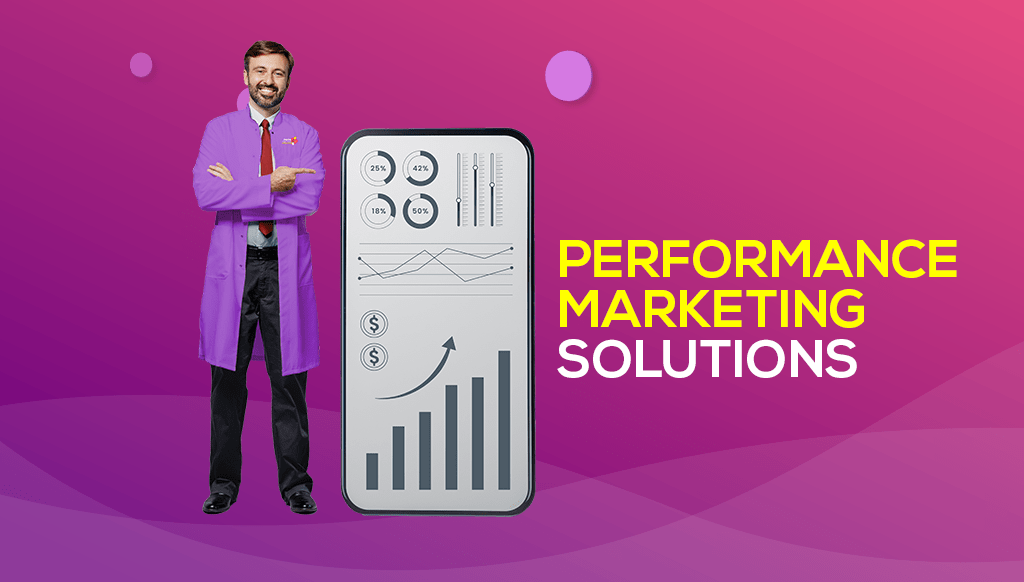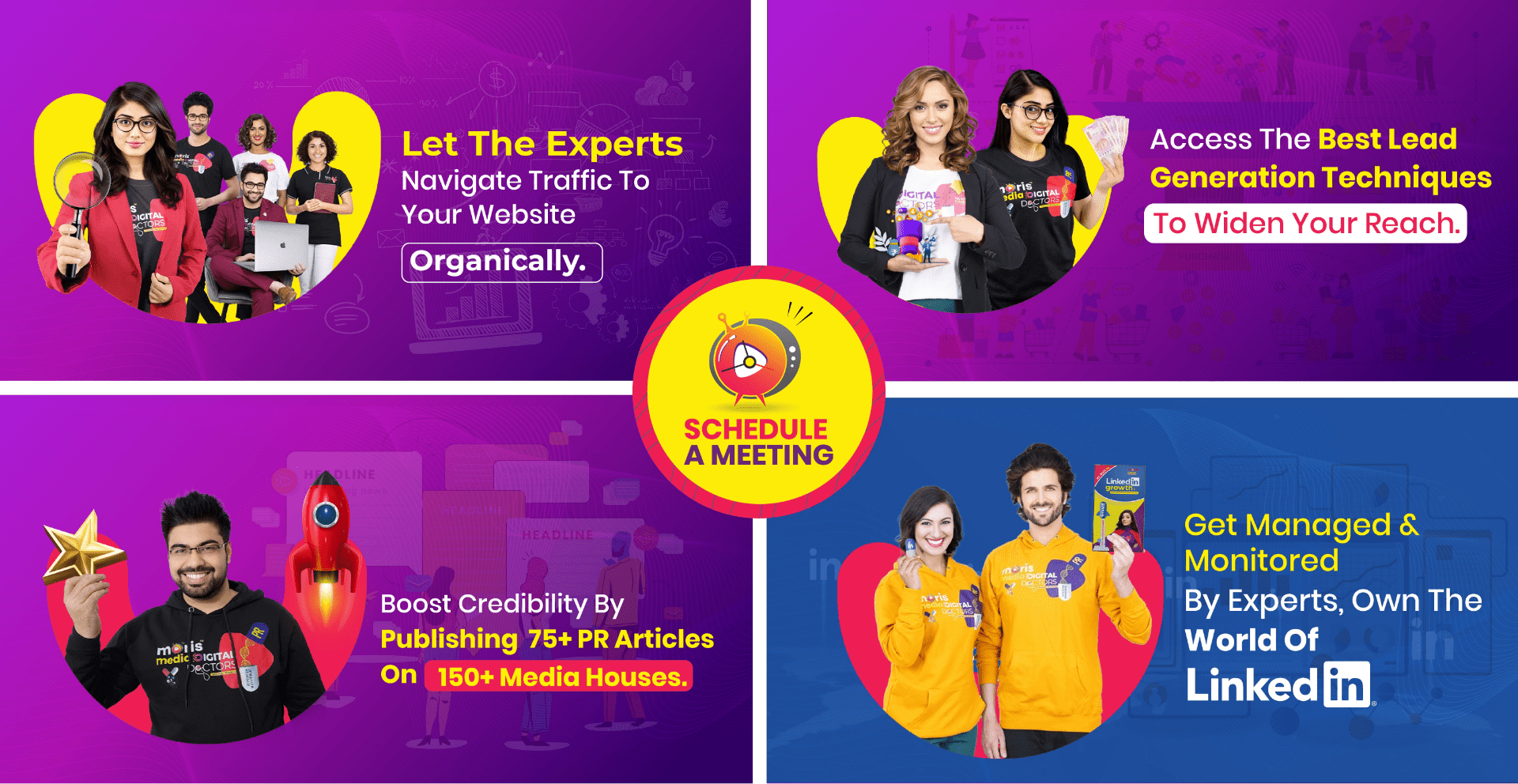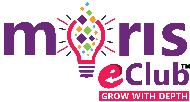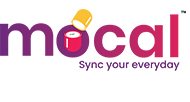Frequently Asked Questions
The three main components of SEO are:
- Technical SEO.
- On-page SEO (or Content SEO)
- Off-page SEO (or Links)
Moris Gigs provides a new way to connect with your followers and fans by offering customized experiences tailored to your preferences. On the platform, you select the type of experiences you want to provide, which are then delivered to your fans through personalized videos via email. The platform simplifies the process and makes it easy for you to offer unique and personal experiences to those who care about you and your lifestyle.
Whether you want to share your best training tips, perform a personal stand-up comedy routine, provide styling advice, or offer courses, congratulations, or even roast a friend, Moris Gigs gives you the flexibility to do what you do best. With Moris Gigs, you no longer have to communicate with everyone, but instead, you can talk directly to those who are genuinely interested in what you have to offer.
According to Moris Media, you need to Start a career in social media management typically involves the following steps:
Develop your skills: Social media managers need to have strong written and verbal communication skills, as well as an understanding of various social media platforms, marketing strategies, and analytics tools. Consider taking online courses, attending workshops, or earning a certification in social media marketing to build your knowledge and skills.
Build your portfolio: Create a portfolio that showcases your social media management skills and accomplishments. This could include examples of social media campaigns you've managed, metrics that demonstrate your impact, and any relevant certifications or awards.
Gain experience: Seek out opportunities to gain hands-on experience in social media management. This could involve volunteering for non-profit organizations, working with small businesses, or interning at a social media marketing agency.
Network: Network with other professionals in the field by attending social media marketing events, joining online groups, and following influencers and thought leaders in the industry.
Apply for jobs: Once you have developed your skills, built a portfolio, and gained experience, you can start applying for social media management jobs. Be prepared to demonstrate your knowledge and skills in your cover letter and interview.
Remember that building a career in social media management requires patience, hard work, and a commitment to continuous learning. Stay up-to-date with the latest industry trends and technologies, and be open to new opportunities as they arise.
To become a social media manager, you can start by gaining experience in social media and marketing as an intern in Moris Media Columbus best social media marketing agency, developing relevant skills such as content creation and analytics, and earning a degree or certification as a social media manager. Building a strong online presence and networking can also help you break into the field.
At Moris Media, you can become a social media manager by taking the following steps:
· Acquire knowledge and skills in Social Media Marketing.
· Establish a strong online presence for yourself to stand out to Columbus top social media agency Moris Media.
· Create business accounts on major social platforms.
· Secure a job as a specialist in social media management.
· Hone your managerial skills.
· Define the services you can offer.
· Learn how to use social media marketing tools.
· Build a diverse portfolio of clients.
Reputation management can encompass various strategies and tactics, such as crisis communication, media monitoring, public relations, content creation, and legal action. Moris Media, a highly regarded PR agency in Columbus, United States, offers comprehensive reputation management services, communication, media monitoring, public relations, content creation, and legal action. The aim of reputation management is to sustain and improve a favourable image, establish trust and credibility, and safeguard the reputation of individuals or organizations from potential damage. With the growth of the internet and social media, online reputation management has become increasingly important as people rely on online information to form opinions about individuals and organizations.
Moris Media, the foremost PR agency in Columbus, United States, outlines three categories of tactics for reputation management:
Proactive Tactics: This involves creating a positive online presence through content creation, social media management, and public relations.
Reactive Tactics: This involves responding to negative or false information and addressing it through crisis communication, media monitoring, and legal action.
Maintenance Tactics: Maintaining a positive online reputation for your business requires ongoing monitoring and management. Regular online engagement and close monitoring of social media mentions and feedback are critical components of this process.
Moris Media, a reputable PR firm in Columbus, United States, defines reputation management as the practice of monitoring and shaping the image of an individual or organization. It involves managing negative information, promoting positive information, and enhancing the overall reputation of an individual or organization. Reputation management is critical as a positive reputation can result in higher trust and credibility among customers, stakeholders, and the public. Conversely, a negative reputation can result in decreased business, lost customers, and decreased trust and credibility. In the digital era, online reputation has become increasingly important.
Moris Media, a leading PR agency United States, explains that reputation management is made up of four key components:
Reputation Monitoring: This involves keeping a constant watch and documenting mentions of an individual or organization through various online and offline channels, such as social media, news sources, and customer feedback platforms.
Reputation Management Strategy: This involves formulating a plan to manage an individual or organization's reputation, which includes defining objectives, recognizing potential threats and opportunities, and deciding on the tactics to address them.
Reputation Management Tactics: This involves implementing the strategies and tactics specified in the reputation management plan, such as producing and spreading positive content, addressing negative information, and interacting with customers and stakeholders.
Reputation Measurement: This involves assessing the effectiveness of the reputation management plan and tactics, and making necessary changes based on the results. This can include measuring metrics such as search engine rankings, social media engagement, and customer feedback. The aim is to consistently monitor and improve an individual or organization's reputation over time.
Reputation, in the context, refers to the way a PR company like Moris Media is perceived by the public. This perception can be shaped by various factors including the company’s track record for introducing ground-breaking ideas, its level of customer service, as well as its ethical and environmental standards.
According to Moris Media, a renowned PR agency in United States, managing a company's CSR reputation involves monitoring, managing, and improving its reputation in relation to its social and environmental commitments and responsibilities. Enhancing a company's brand image and reputation can be achieved through the implementation and promotion of responsible business practices and initiatives.
Transparency and accountability in social and environmental practices are crucial for effective CSR reputation management, along with active engagement with stakeholders. Furthermore, CSR reputation management allows companies to demonstrate their commitment to social and environmental responsibility.
According to Moris Media, a leading PR firm in Columbus, United States, the essential components of reputation management are:
Monitoring: Regularly keeping track of the online reputation and monitoring mentions and reviews across various platforms.
Assessment: Evaluating the current reputation, identifying strengths and weaknesses, and developing a plan to enhance it.
Communication: Responding professionally and empathetically to negative feedback or criticism.
Content Creation: Creating positive, relevant, and engaging content to enhance the brand image and establish a strong online presence.
Crisis Management: Having a strategy in place to manage negative events or incidents that could harm the reputation.
Influencer Marketing: Collaborating with influential individuals and organizations to promote the brand and establish a positive reputation.
Analytics: Continuously tracking and analysing data to evaluate the effectiveness of reputation management efforts and make necessary adjustments.
As per United States’s renowned PR agency Moris Media United States, reputation management has several benefits, including:
Improved brand image and credibility.
Increased customer trust and loyalty.
Better search engine rankings.
Increased sales and revenue.
Better crisis management and risk reduction.
Improved overall online presence.
Protection of personal or business privacy.
As per United States’s leading PR agencies Moris Media United States, the objective of reputation management is to monitor and influence the perception of an individual, brand, or organization by others. The ultimate goal is to enhance the reputation and maintain a positive image in the eyes of stakeholders, such as customers, clients, employees, investors, and the general public. This can lead to benefits such as increased credibility, customer trust, brand loyalty, and overall success for the individual, brand, or organization.
As per Columbus’s respected PR agencies Moris Media United States, the elements of reputation typically include:
Credibility: the trustworthiness and reliability of an individual, brand, or organization.
Competence: the level of expertise, skill, and quality of products or services provided.
Character: the ethics, values, and behaviour of an individual, brand, or organization.
Performance: the track record of delivering results and meeting expectations.
Image: the visual representation and overall perception of an individual, brand, or organization.
Culture: the values, norms, and behaviour that define the organizational environment.
Communication: the manner in which an individual, brand, or organization interacts and shares information with others.
These elements work together to form a comprehensive view of the reputation of an individual, brand, or organization, and can impact its success and public perception.
Building a good reputation requires consistent effort and a commitment to positive actions and behaviours. To establish a positive reputation, Moris Media United States’s renowned PR agency recommends the following steps:
Delivering quality products or services: meeting or exceeding customer expectations can create positive word of mouth and build trust.
Being transparent and honest: openly communicating with customers, stakeholders, and the public can help build credibility and trust.
Building and maintaining strong relationships: forming positive relationships with customers, employees, and other stakeholders can help to create a positive reputation.
Being socially responsible: demonstrating a commitment to ethics, sustainability, and social issues can help to enhance a brand's image.
Managing online presence: monitoring and controlling the information that is available online about an individual, brand, or organization can help to maintain a positive reputation.
Responding to negative feedback or criticism: addressing negative feedback or criticism in a professional and constructive manner can help to maintain a positive reputation.
Continuously seeking to improve: consistently working to improve products, services, and processes can help to enhance a brand's reputation over time.
As per Columbus’s top PR company Moris Media United States, here are eight things you can do to build your brand and reputation:
Define your brand identity and messaging.
Consistently communicate your brand values and messaging in all interactions.
Offer high-quality products or services.
Foster positive customer relationships and address negative experiences.
Utilize social media and other digital platforms to build your online presence.
Seek media coverage, speaking opportunities, and other public exposure.
Collaborate with influencers, partners, and industry leaders.
Continuously gather and incorporate feedback to improve your brand and reputation.
As per United States’s leading PR firm Moris Media United States, there are several types of reputation, including:
Corporate reputation: The image and perception of a company as a whole, based on its products, services, leadership, culture, and overall performance.
Personal reputation: The image and perception of an individual, based on their actions, behaviour, and personal brand.
Product reputation: The image and perception of a specific product or service, based on its quality, features, and customer satisfaction.
Brand reputation: The image and perception of a brand, based on its history, values, and customer experiences.
Online reputation: The image and perception of a person or organization on the internet, based on their digital footprint, including social media presence and online reviews.
Reputation capital: The accumulated value of an individual or organization's reputation, which can affect their ability to attract resources and opportunities.
According to United States’s reputed PR agency Moris Media United States, reputation can also be described as image, standing, prestige, notoriety, acclaim, or a positive reputation.























.png?v=1676960503)

















